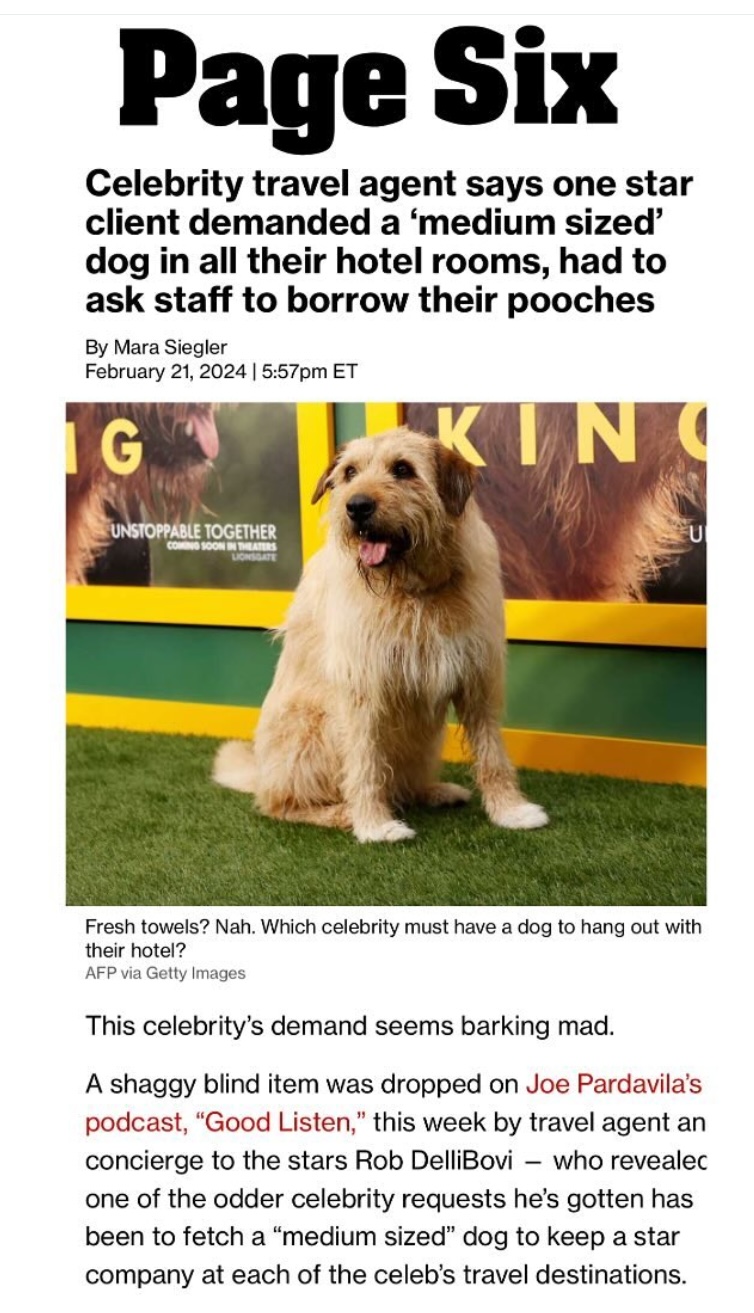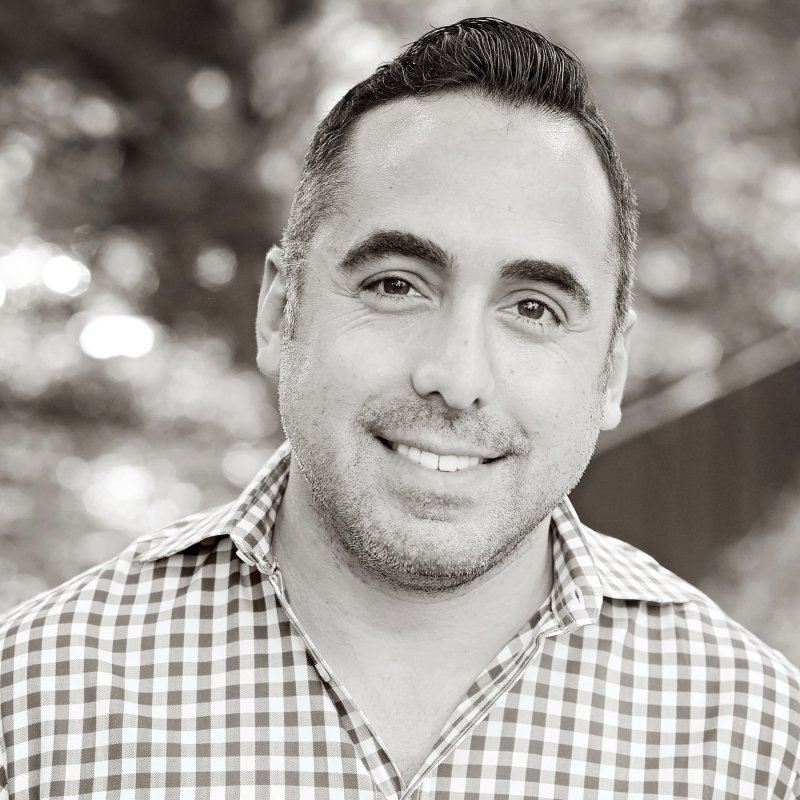While some collect cards or crafts, travel expert Rob DelliBovi collects friends – a hobby that enriches both life and business.
While some collect cards or crafts, travel expert Rob DelliBovi collects friends – a hobby that enriches both life and business.
We all have our collecting habits. I can’t physically leave a Walmart or Target without buying a pack or two (or three or four) of baseball cards. My brother is into building Legos – and while I find grown men playing with blocks slightly disconcerting, he seems perfectly normal. My wife has turned card crafting into an art form, creating handmade birthday and Christmas cards with stamps and stencils. (Between us, it’s quite an expensive hobby, but don’t tell her I said that.)
But today, I want to suggest a different kind of collection—one that might just transform both your professional development and personal growth in the new year.

This idea comes from my old friend and luxury travel guru, Rob DelliBovi, who runs his own high-end hospitality firm catering to the stars. (You might remember him from my show “Good Listen” – his story about a celebrity musician requesting a puppy in every tour city went viral.) But it’s not his celebrity tales that struck me most. It’s his unique approach to collecting.
Rob collects friends.
No, he’s not a serial killer worthy of a Dateline episode. He’s just someone who’s discovered the profound value of human connection. As he explained during our conversation:
“I love travel, and I’ll tell you why – I have an obsession with meeting people. I collect friends. I collect contacts,” Rob shared. “When you travel, you meet people every day. It’s forced. Whether or not that’s your purpose, it just happens organically.”
What makes Rob’s approach fascinating is how it transforms everyday encounters into opportunities for growth. “I love meeting people that are experts in different things,” he explained. “Like you’re a radio expert. Whenever I get a chance to hang out with you, I want to know everything about radio. How does the business work? What are you doing during commercial breaks?”
His curiosity has led to countless unique experiences. “I was in Dublin and sat next to a guy who literally works at the Jameson factory,” he recalled. “He was telling me all about how they make Jameson. Then I went on the tour. I’ve met lawyers in Australia, a rock band in Italy – it’s just a way to experience the world.”
But here’s where this hobby becomes more than just social collecting. Rob has turned these connections into a powerful professional network. “My whole thing is any city I go to in the world, I want to have a group there. I want to have people who can show me around, people I can hang out with, people who can recommend things.” This network has become a cornerstone of his business success, allowing him to offer clients authentic, insider experiences in cities worldwide.
“We do better than our competitors because we have this network of people that give us all the ins,” he explained. “I’m giving advice to travelers based on real life stuff and real cool kids from each city.”
If Rob’s approach resonates with you, here are some practical ways to start your own “friend collection”:
1. Be Genuinely Curious: Like Rob’s fascination with radio operations or whiskey-making, approach each new encounter with authentic interest. People can tell when you’re genuinely interested in their stories and expertise.
2. Turn Digital Connections into Real Ones: While LinkedIn and social media are great starting points, aim to transform these virtual connections into meaningful relationships. Schedule coffee meetings, video calls, or casual meetups when possible.
3. Create Connection Rituals: Maybe it’s hosting monthly dinner parties, organizing professional meetups, or starting a book club. Regular gatherings create natural opportunities for deepening relationships and expanding your network.

While Rob’s friend-collecting started as a personal passion, it’s yielded surprising advantages:
Unlike traditional collecting hobbies that might clutter your shelves or drain your wallet, friend-collecting requires different resources: time, energy, and genuine attention. Here’s how to make it sustainable:
So as you consider your resolutions for the new year, perhaps consider this different kind of collection. Unlike baseball cards, Legos, or crafting supplies, collecting friends costs nothing but your time and genuine interest in others. The returns, however, could be priceless – both personally and professionally.
After all, in our increasingly digital world, the ability to build authentic human connections might just be the most valuable collection of all.
What’s your approach to building and maintaining friendships? Have you ever thought about “collecting” friends as intentionally as Rob does? Share your thoughts and experiences in the comments below – who knows, it might be the start of a new connection.